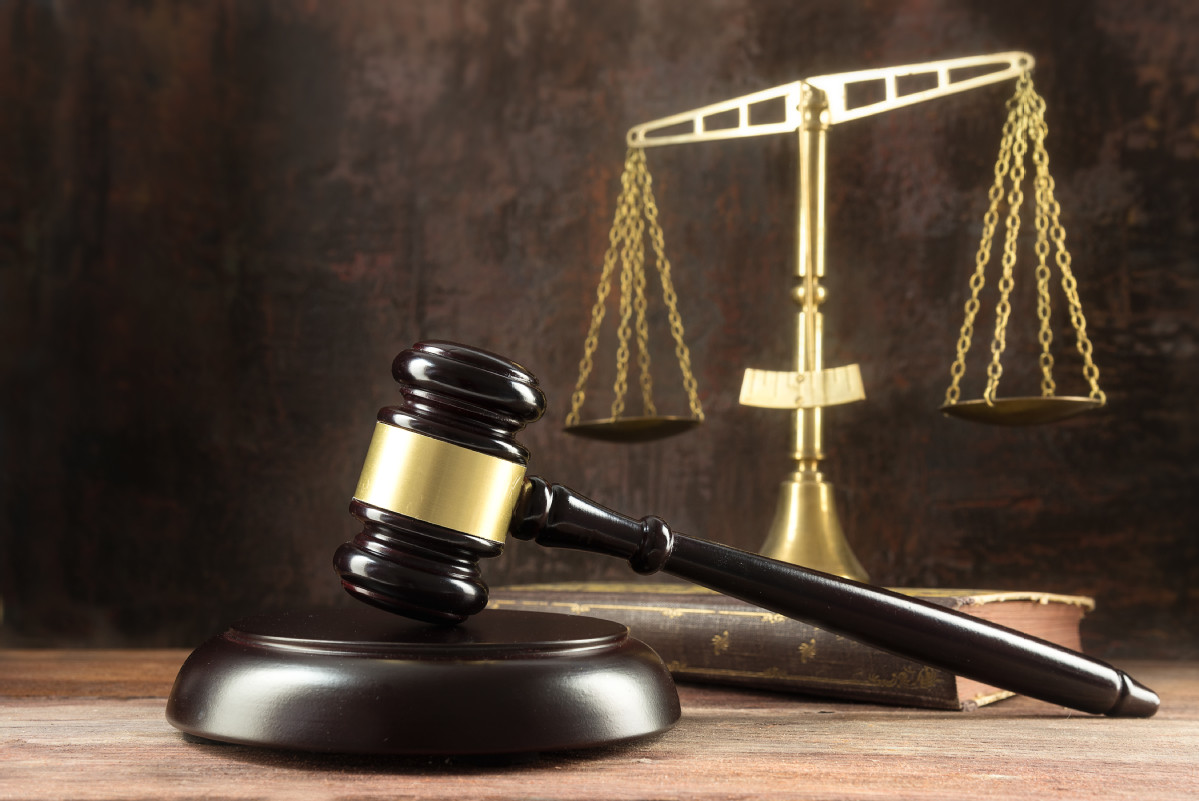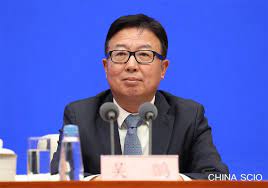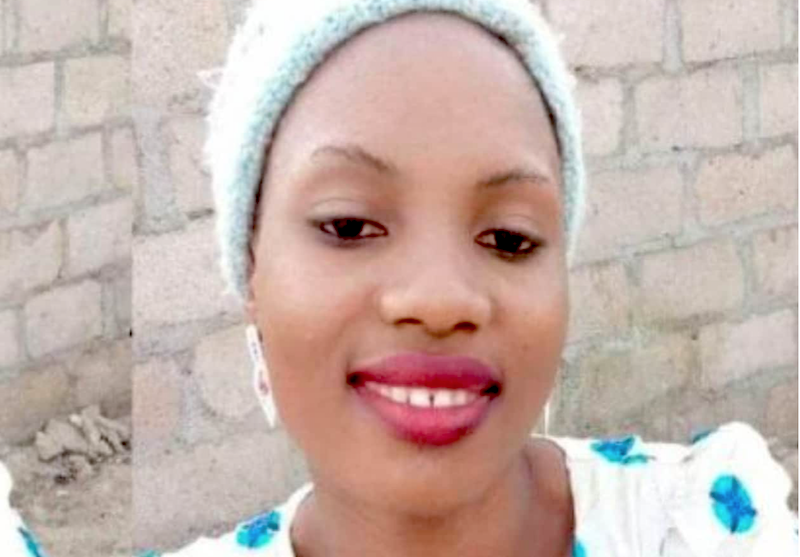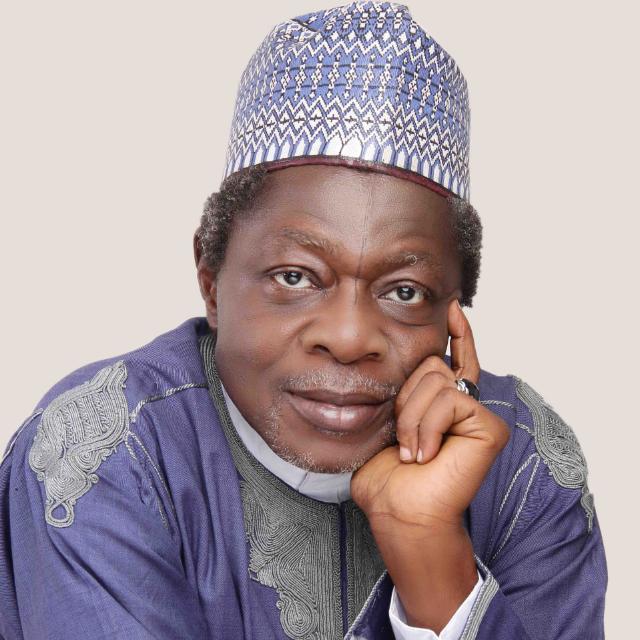Vice President, Kashim Shettima on Wednesday in Abuja, put the judiciary to task on the need to resist external pressure and sustain its integrity in upholding the rule of law and justice delivery.
Shettima made the call at the maiden edition of the Body of Benchers’ Annual Lecture and Public Presentation of its Law Report.
The vice president said that the judiciary was an essential pillar of the nation’s democratic framework and must be protected against external interference.
“The foundation of every great nation is built on the ethical sensitivity of the institutions that uphold justice.”
He warned that bending the law to serve vested interests eroded national stability and weakened democratic governance.
“Laws are not mere technicalities; they are the scaffolding of civilisation.
“Without laws, there is no order, without order, there is no society.
“Every time justice is delayed, every time the law is bent to serve the interests of agents of anarchy, and every time institutions waver in the face of blackmail, we erode the very foundation of our nation.
“If that foundation crumbles, no matter how high we have built, everything falls apart,” the vice president said.
The vice president who declared the event open, urged legal practitioners to make honesty and fairness their watchword adding that history would judge those who allowed justice to be compromised.
In a keynote address, former governor of Lagos State, Mr Babatunde Fashola, SAN, said it was important for benchers to rigorously scrutinise the legal professionals admitted to the bar in order to maintain the profession’s standards.
He called for a re-evaluation of legal training to separate the education of solicitors from that of barristers or advocates.
“Given the public concerns about the administration of justice, has the time not come upon us to separate and specialise the training of solicitors from barristers or advocates?” he said.
He also said that in his opinion the the one-year law school training was inadequate as it lacked sufficient court exposure, making it difficult to instill the intangible attitudes of a lawyer that were essential for legal practice.
Also speaking, the Chief Justice of Nigeria (CJN), Justice Kudirat Kekere-Ekun, called for a renewed commitment to ethical standards and professional discipline in the country’s legal profession.
“This forum is not only a testament to the progressive evolution of the body but also a much-needed platform for intellectual engagement, practical discourse, and introspective reflections on the role of the Body of Benchers within the legal profession in Nigeria.”
She acknowledged the increasing ethical challenges facing the legal profession and underscored the body of benchers role in enforcing discipline through the Legal Practitioners Disciplinary Committee (LPDC).
She stressed that disciplinary measures must be transparent, fair, and resolute to maintain the integrity of the profession.
“The responsibility of upholding the sanctity of the legal profession rests heavily on the shoulders of the body of benchers.
“The enforcement of professional discipline among legal practitioners must be pursued with fairness, transparency, and unwavering resolve,” she said.
The Attorney-General of the Federation and Minister of Justice, Mr Lateef Fagbemi, SAN said that the legal profession was not only a cornerstone of our democratic system but a vital force in shaping the direction of our national development.
Fagbemi who was represented by the Solicitor-General of the Federation, Mrs Beatrice Jedy-Agba
added that the very essence of the legal profession was to uphold the rule of law, ensure justice and safeguard fairness in society.
“As legal practitioners we are duty-bound to ensure that justice is served and that the law remains for the protection of the people.”
Welcoming guests to the event, the Chairman of the Body of Benchers, Mr Adegboyega Awomolo, SAN said that event was organised to enable legal minds to talk about activities of the body in half a century.
According to him, the body is by statute given powers to regulate the practice of law and discipline of lawyers whose conduct violate the rules of professional conduct in the legal profession.
The body of benchers was established in 1971 with the primary responsibility of admitting individuals of learning and character into the legal profession as barristers and solicitors of the Supreme Court.









